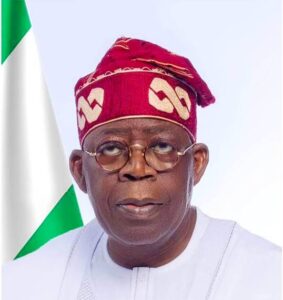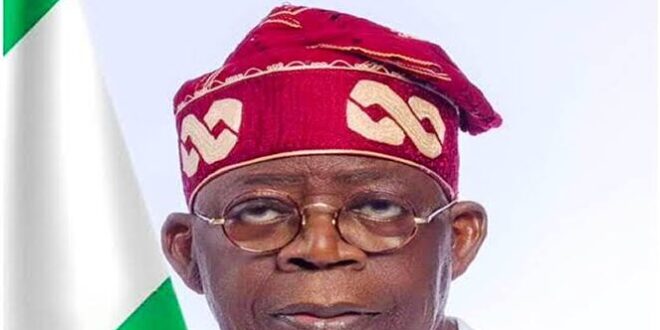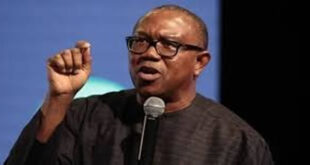There is no credible evidence to support the claim that Nigerian President Bola Ahmed Tinubu is a drug lord or a CIA asset. Such allegations have circulated in the past, often stemming from unverified sources, political opposition, or misinformation campaigns.

Key Points to Consider:
Drug Allegations:
In the 1990s, Tinubu faced a civil forfeiture case in the United States related to funds allegedly linked to drug trafficking. The case was settled without a criminal conviction, and Tinubu has denied any wrongdoing.
No Nigerian or international court has convicted Tinubu of drug-related offenses.
CIA Asset Claims:
The claim that Tinubu is a CIA asset is speculative and lacks verifiable proof. Such allegations often arise in political discourse but are rarely substantiated.
The CIA does not publicly disclose its assets, making such claims difficult to confirm or refute conclusively.
Investigative Journalism & Fact-Checking:
Reputable media outlets (e.g., BBC, Reuters, Premium Times) have not published evidence supporting these allegations.
Fact-checking organizations like AFP Fact Check and Dubawa have debunked several false claims about Tinubu.
Political Context:
Nigeria has a history of politically motivated smear campaigns. Unverified claims should be critically evaluated, especially during election cycles.
While Tinubu has faced legal scrutiny in the past, labeling him a “drug lord” or “CIA asset” without concrete evidence is unsubstantiated. Responsible journalism relies on verified facts, not rumors or propaganda.

Investigative Reports on Tinubu’s Background
- David Hundeyin’s Investigation (2022): Independent journalist David Hundeyin published “Bola Tinubu: From Drug Lord to Presidential Candidate”, citing U.S. court records. However, some legal analysts argue the case was civil, not criminal.
 Gistfox Your News Window To The World
Gistfox Your News Window To The World 




